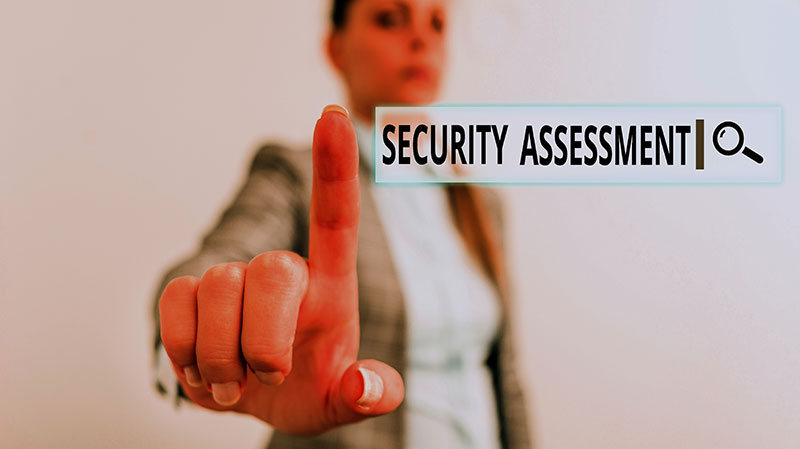Cybersecurity (risk) assessments and compliance audits are often considered one and the same. However, while related, these two approaches are different cybersecurity evaluation techniques. While compliance audits examine whether an organization’s IT security measures adequately meet a specific Standard (i.e., HIPAA, PCI, SOC, CMMC), cybersecurity assessments look at how effective those measures are and provide a judgment of an organization’s overall security. Typically, cybersecurity assessments are performed within a vetted cybersecurity framework such as NIST, CIS, or ISO.
Both evaluation methods are seeing rising demand in recent years, and when you understand the growing trends around cyberattacks, it’s easy to see why.
The growing demand for cybersecurity assessments and compliance audits
Cybersecurity threats are constantly on the rise as bad actors look for vulnerabilities and make use of new techniques to compromise company networks. There are now more people online than ever, which presents a unique opportunity for cybercriminals who seek to profit from stolen data or simply cause damage to a company’s finances or reputation.
Take the United Kingdom for example. According to gov.uk, 39% of businesses suffered a cyberattack within the last 12 months. Among these companies, around 31% estimated that they were being attacked at least once each week, and a fifth of businesses experienced a negative outcome as a result. Statista highlights how cyberattacks and breaches have been steadily rising across the past two decades in the United States, too.
Aside from increasing and more severe cyberattacks, there are other significant factors that could be largely responsible for the uptick in demand for cybersecurity assessments and audits.
Changing working habits
Recent world events have driven a rapid global shift toward working from home or at least in some hybrid capacity. This has forced many companies to implement quick changes to infrastructure and technology, which, in some cases, will have been at the expense of a proper cybersecurity assessment.
Now, companies must consider the increased threats posed by remote working policies, including data access, potential data breach points, and the risk of insider threats, particularly with a workforce that is less present and more difficult to monitor.
A growing cybersecurity insurance industry
Cybersecurity insurance is a fledgling concept in the insurance world. However, this industry has been expanding quickly over the past decade. Now, with heavily reported-on attacks such as the SolarWinds breach continuing, insurers have begun to fine-tune coverage terms and increase costs.
Companies interested in protecting themselves against cyberattacks may consider taking out new policies. However, without a proper cybersecurity assessment or compliance audit, there is a risk of lacking the appropriate security measures required by insurance terms and conditions. Companies who do not properly safeguard their software and systems could find themselves having a payout denied in the event that they need to claim on their policy.
Changing cybersecurity legislation
With such a rapid rise in cyberattacks, including those that target national infrastructure, new legislation is being passed that increases companies’ responsibilities around security breaches. This tightening of the laws around cybersecurity is likely to continue, and companies will need to make sure that they have appropriate protections and plans in place to respond to an attack.
Continued assessment and awareness
To remain protected against bad actors, it’s essential that companies are properly protected against threats. Experts believe that ransomware attacks will rise in the coming years, and phishing attacks are one of the largest threats to businesses. Security awareness training can help to educate your workforce; however, cybersecurity assessments and compliance audits are critical to ensure that your company is guarded against threats and not falling foul of cybersecurity legislation.

